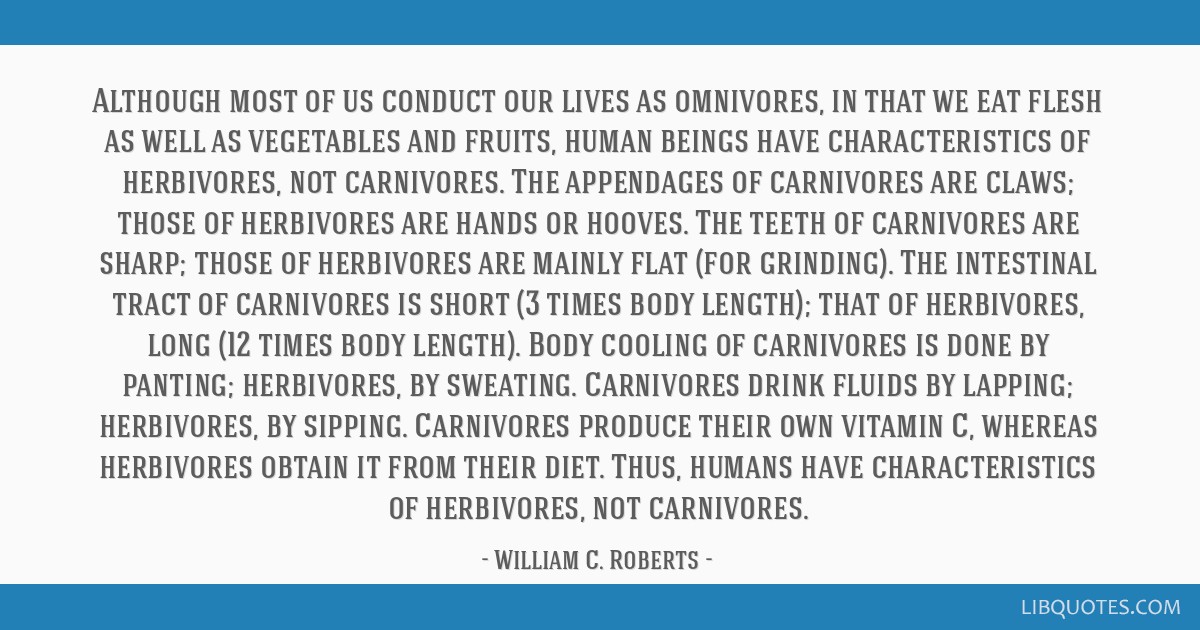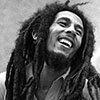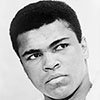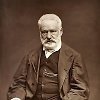Although most of us conduct our lives as omnivores, in that we eat flesh as well as vegetables and fruits, human beings have characteristics of herbivores, not carnivores. The appendages of carnivores are claws; those of herbivores are hands or hooves. The teeth of carnivores are sharp; those of herbivores are mainly flat (for grinding). The intestinal tract of carnivores is short (3 times body length); that of herbivores, long (12 times body length). Body cooling of carnivores is done by panting; herbivores, by sweating. Carnivores drink fluids by lapping; herbivores, by sipping. Carnivores produce their own vitamin C, whereas herbivores obtain it from their diet. Thus, humans have characteristics of herbivores, not carnivores.
Twenty questions on atherosclerosis























